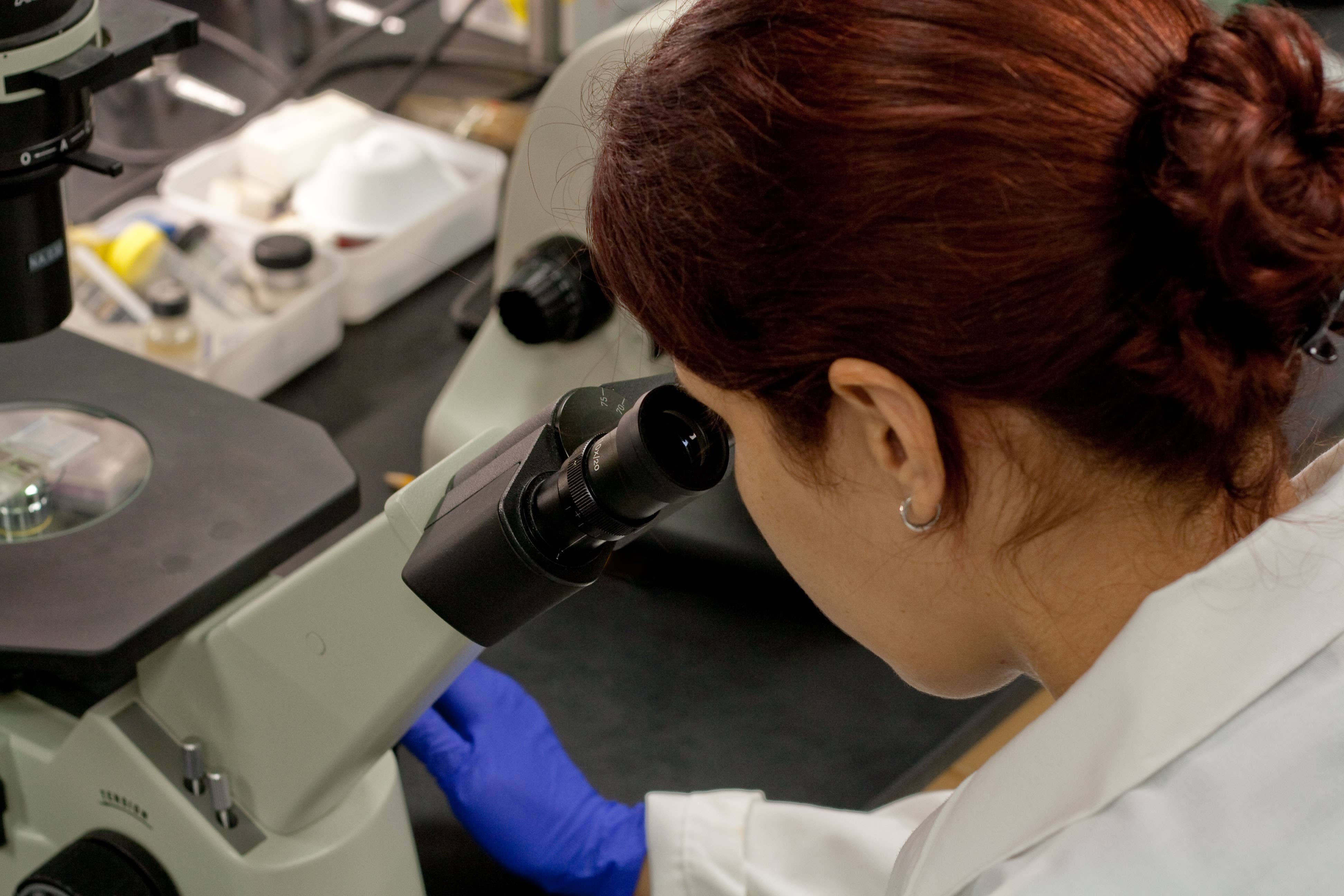UK’s first human case of swine flu strain H1N2 detected
Routine surveillance in GP surgeries picked up the case after the person suffered a mild illness.

Your support helps us to tell the story
From reproductive rights to climate change to Big Tech, The Independent is on the ground when the story is developing. Whether it's investigating the financials of Elon Musk's pro-Trump PAC or producing our latest documentary, 'The A Word', which shines a light on the American women fighting for reproductive rights, we know how important it is to parse out the facts from the messaging.
At such a critical moment in US history, we need reporters on the ground. Your donation allows us to keep sending journalists to speak to both sides of the story.
The Independent is trusted by Americans across the entire political spectrum. And unlike many other quality news outlets, we choose not to lock Americans out of our reporting and analysis with paywalls. We believe quality journalism should be available to everyone, paid for by those who can afford it.
Your support makes all the difference.The UK’s first human case of swine flu strain H1N2, very similar to what has been circulating in pigs, has been detected, the UK Health Security Agency (UKHSA) has said.
Routine surveillance in GP surgeries picked up the case after the person suffered a mild illness.
The UKHSA said it is now carrying out contact tracing to prevent further spread of the virus.
It is not known at this stage how transmissible the strain is or if there could be other cases in the UK.
It is also too early to say if the strain could have pandemic potential.
The UKHSA has notified the World Health Organisation (WHO) of the latest case.
There have been about 50 reported human cases worldwide of the H1N2 virus since 2005, none of them related genetically to this strain.
The person involved is not known to have worked with pigs and has fully recovered.
We are working rapidly to trace close contacts and reduce any potential spread
The case was detected as part of routine national flu surveillance undertaken by UKHSA and the Royal College of GPs, which was in place even before the Covid pandemic.
The patient was tested by their GP in North Yorkshire after experiencing respiratory symptoms. The strain was identified via polymerase chain reaction (PCR) testing and genome sequencing.
The UKHSA said people with respiratory symptoms should continue to follow the existing guidance – avoiding contact with other people while suffering symptoms and taking particular care around vulnerable people and the elderly.
It said it was “monitoring the situation closely and is taking steps to increase surveillance within existing programmes involving GP surgeries and hospitals in parts of North Yorkshire.
“To assist in the detection of cases and assessment of transmission, those people who are contacted and asked to test are encouraged to do so.”
We know that some diseases of animals can be transferred to humans, which is why high standards of animal health, welfare and biosecurity are so important
Meera Chand, incident director at the UKHSA, said: “It is thanks to routine flu surveillance and genome sequencing that we have been able to detect this virus.
“This is the first time we have detected this virus in humans in the UK, though it is very similar to viruses that have been detected in pigs.
“We are working rapidly to trace close contacts and reduce any potential spread.
“In accordance with established protocols, investigations are under way to learn how the individual acquired the infection and to assess whether there are any further associated cases.”
Chief veterinary officer, Christine Middlemiss, said: “We know that some diseases of animals can be transferred to humans, which is why high standards of animal health, welfare and biosecurity are so important.
We are working rapidly to trace close contacts and reduce any potential spread
“Through our animal and human surveillance systems we work together to protect everyone.
“In this case we are providing specialist veterinary and scientific knowledge to support the UKHSA investigation.
“Pig-keepers must also report any suspicion of swine flu in their herds to their local vet immediately.”
H1N1, H1N2 and H3N2 are major subtypes of swine flu A viruses in pigs and occasionally infect humans.
Based on early information, the UKHSA said the strain detected in the UK differs from recent human cases of H1N2 elsewhere in the world, but is similar to viruses in UK pigs.
In 2009, there was a pandemic in humans caused by flu strain H1N1, commonly referred to as swine flu.
This now circulates in humans seasonally.
Ian Jones, professor of virology at the University of Reading, said: “It’s very unlikely the single case of H1N2 swine flu reported today represents anything more than has been seen in the past.
“And although a single case may not be representative, the fact the individual concerned had a mild infection that resolved without hospitalisation is also in keeping with previous experience.
“We should remember that surveillance programmes can discover infections that might never have been noticed based on case numbers or severity, so a level of reasoned tolerance has to be applied. Not every new agent is a threat.”
Paul Hunter, professor of medicine at the University of East Anglia, said: “Overall the evidence is that influenza A(H1N2) does not cause any more severe disease than other more commonly circulating types of influenza.
“Also person-to-person transmission does not appear to be very efficient and sustained person-to-person transmission has not been reported so far.”
Subscribe to Independent Premium to bookmark this article
Want to bookmark your favourite articles and stories to read or reference later? Start your Independent Premium subscription today.